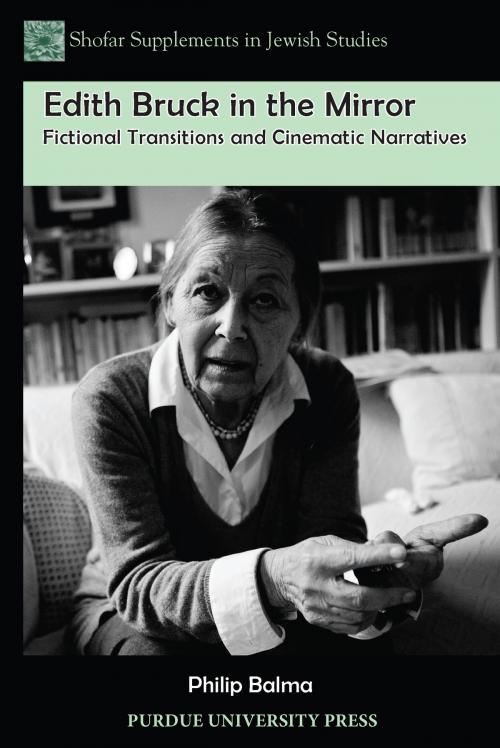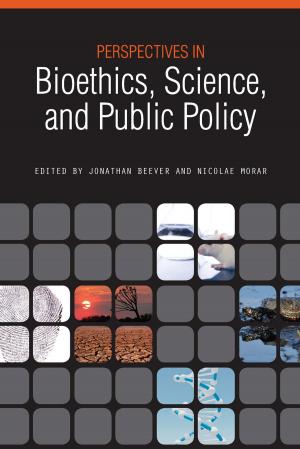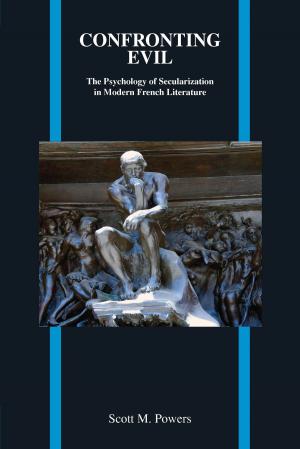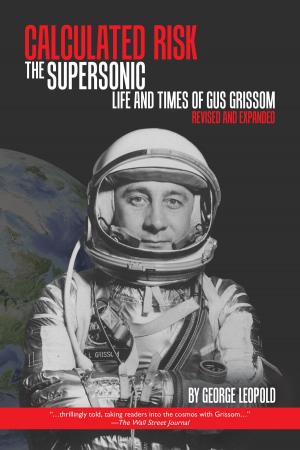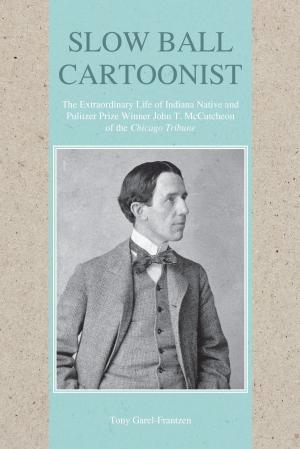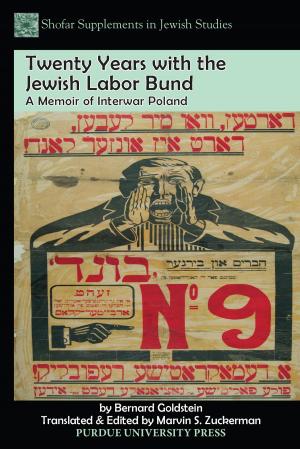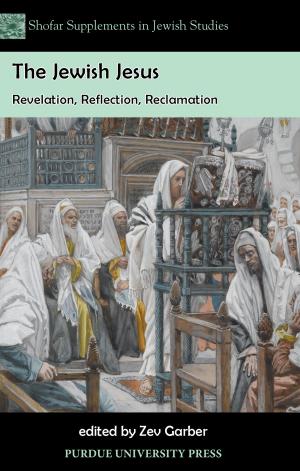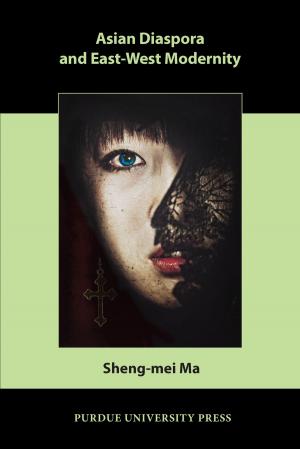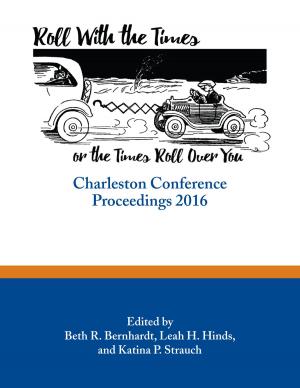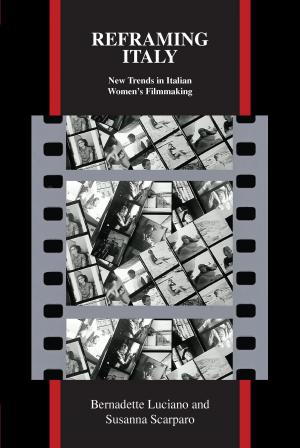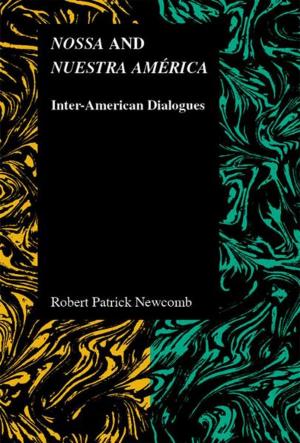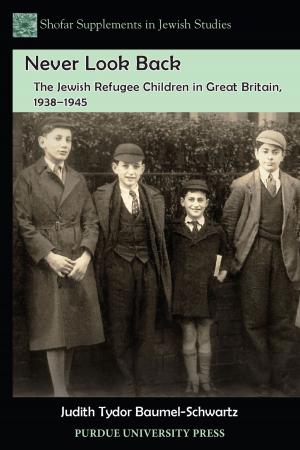Edith Bruck in the Mirror
Fictional Transitions and Cinematic Narratives
Fiction & Literature, Literary Theory & Criticism, Jewish, European, Italian, Nonfiction, Entertainment, Film, History & Criticism| Author: | Philip Balma | ISBN: | 9781612493343 |
| Publisher: | Purdue University Press | Publication: | June 15, 2014 |
| Imprint: | Purdue University Press | Language: | English |
| Author: | Philip Balma |
| ISBN: | 9781612493343 |
| Publisher: | Purdue University Press |
| Publication: | June 15, 2014 |
| Imprint: | Purdue University Press |
| Language: | English |
Author of more than thirteen books and several volumes of poetry, screenwriter, and director, Edith Bruck is one of the leading literary voices in Italy, attracting increasing attention in the English-speaking world not least for her powerful Holocaust testimony, which is often compared with the work of her contemporaries Primo Levi and Giorgio Bassani. Born in Hungary in 1932, she was deported with her family to the concentration camps of Auschwitz, Dachau, Christianstadt, Landsberg, and Bergen-Belsen, where she lost both her parents and a brother. After the war, she traveled widely until 1954 when she settled in Rome. She has lived there ever since. This important new study is motivated by a desire to better understand and situate Bruck's art as well as to advance (and, when necessary, to revise) the critical discourse on her considerable and eclectic body of work. As such, it underscores and analyzes the intermedial nature of her contributions to contemporary Italian culture, which should no longer be understood merely in terms of her willingness to revisit the subject of the Holocaust on the printed page or the silver screen. It also includes previously unpublished interviews with the author. The book will be of broad interest to scholars and students of Jewish (especially Holocaust) studies, Italian literature, film studies, women's studies, and postcolonial culture."This is the first comprehensive scholarly analysis of the work produced by a main contemporary author of Italian Holocaust literature, focused on Bruck's overall artistic production (novels, poetry, film, and TV productions). It will offer scholars and students alike a new interpretive perspective and a valuable source of reference for their studies." Gabriella Romani, Seton Hall University.
Author of more than thirteen books and several volumes of poetry, screenwriter, and director, Edith Bruck is one of the leading literary voices in Italy, attracting increasing attention in the English-speaking world not least for her powerful Holocaust testimony, which is often compared with the work of her contemporaries Primo Levi and Giorgio Bassani. Born in Hungary in 1932, she was deported with her family to the concentration camps of Auschwitz, Dachau, Christianstadt, Landsberg, and Bergen-Belsen, where she lost both her parents and a brother. After the war, she traveled widely until 1954 when she settled in Rome. She has lived there ever since. This important new study is motivated by a desire to better understand and situate Bruck's art as well as to advance (and, when necessary, to revise) the critical discourse on her considerable and eclectic body of work. As such, it underscores and analyzes the intermedial nature of her contributions to contemporary Italian culture, which should no longer be understood merely in terms of her willingness to revisit the subject of the Holocaust on the printed page or the silver screen. It also includes previously unpublished interviews with the author. The book will be of broad interest to scholars and students of Jewish (especially Holocaust) studies, Italian literature, film studies, women's studies, and postcolonial culture."This is the first comprehensive scholarly analysis of the work produced by a main contemporary author of Italian Holocaust literature, focused on Bruck's overall artistic production (novels, poetry, film, and TV productions). It will offer scholars and students alike a new interpretive perspective and a valuable source of reference for their studies." Gabriella Romani, Seton Hall University.
